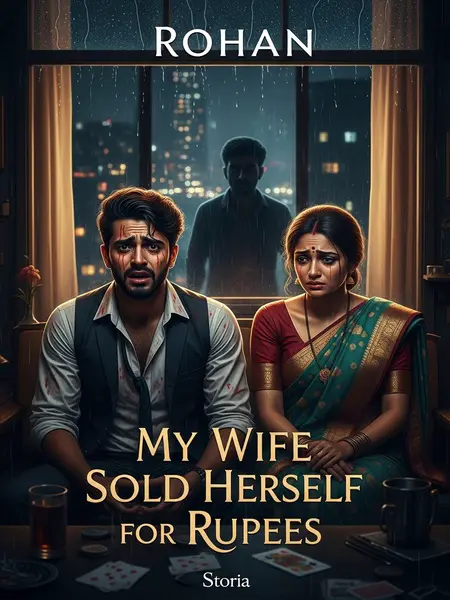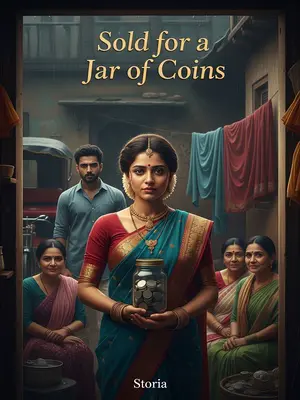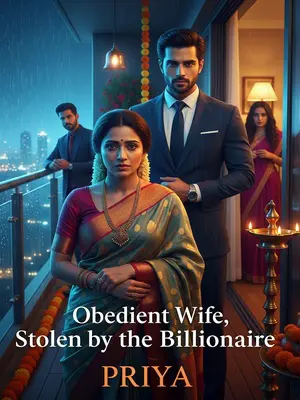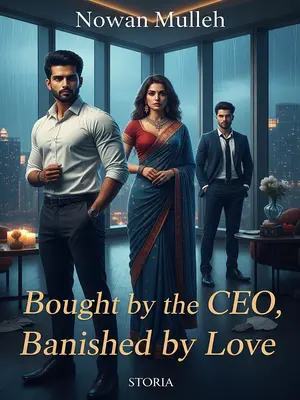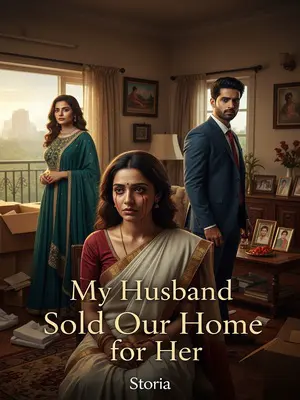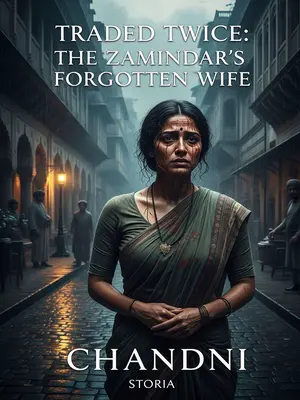Chapter 1: The Card Under the Door
Sneha always said love was her biggest weakness—but for my sake, she tried to change. Even on nights when I wanted to hold her close, she’d gently place her hand on my arm, the slow whir of the ceiling fan above and the faint hum of the mosquito coil filling the air.
"Rohan, you work so hard. Your health is most important. Go to bed early, okay?" she’d whisper, tucking herself in, her hair falling like a silk curtain over her face.
My heart would fill with a quiet warmth, thinking she truly cared about me—that love could conquer anything, no matter the past. Sometimes, before bed, she’d fuss over me, serving warm haldi doodh in a steel tumbler, the aroma mingling with the scent of coconut oil in her hair. It felt like the kind of small, everyday care that makes a marriage real.
Until that one night in Mumbai, when a card with my wife's photo was slipped under my hotel room door.
I’d just returned late from a business trip, not wanting to disturb Sneha at home because of her insomnia. The hotel was typical—walls stained with time, the AC coughing out tired air, and the distant honk of rickshaws drifting in through the cracked window. I lay on the stiff mattress, ceiling fan ticking above, thinking of Sneha, her words echoing: "Why do you call so late? I barely got any sleep last week!"
It was well past midnight when I heard a soft buzz at the door. Maybe room service got the wrong room, I thought, or maybe it was just some tipsy guest stumbling back. I tiptoed to the door, careful not to make the floor creak, and peeped through the eyehole.
The corridor was empty, but a colourful card had been slipped under the door. My palm felt sweaty as I picked it up, wiping it on my kurta first. The corridor smelled of cheap room freshener and something else—maybe paan spit or old mops—Mumbai’s own perfume.
The card was glossy, laced with the sharp scent of knock-off perfume, its red and gold lettering gaudy and familiar—like the flyers that cling to car windshields in mall basements. I scoffed, rolling my eyes. "Bas, ab yeh bhi baaki tha," I muttered. Even here, nothing was sacred.
As I bent down to pick it up, ready to complain to the manager, my breath caught. It felt like someone had splashed gutter water in my face—my mouth went dry, heart thudding as if I’d seen a chudail. My hands trembled and the card slipped from my fingers.
The woman on the card looked exactly like my Sneha—naked, striking a pose that burned itself into my brain. It was her mole, her bangles from last Diwali, even her mischievous smile from our wedding night. My throat closed up, my knees wobbled.
The text screamed: "Lonely wife, secret midnight rendezvous—double the ultimate pleasure for mind and body."
A hot flush of shame and anger hit me. I looked over my shoulder, half expecting someone to pop out and laugh. I felt exposed, as if I’d been caught with something dirty, even though I was the one being wronged.
My first thought: someone must have stolen her photo, photoshopped her face. I wanted to storm down to reception, card in hand, and shout, "Yeh kya hai? You let such filth circulate here?"
To avoid drama, I set up a new WhatsApp account. My old phone lagged, the Jio data crawling, and I cursed under my breath as I fumbled through the setup, my heart racing as if I was doing something wrong.
When I finally added the contact, it wasn’t Sneha’s number. The profile pic was a generic marigold flower, and the audio message was some bored woman with a heavy accent—nothing like Sneha’s singsong voice. Relief swept over me; I almost laughed at my own paranoia.
I slapped my forehead. "Accha, kitna drama karega?" I muttered. How could I doubt Sneha, who’d fought so hard for us? But even as I tried to reassure myself, that poisonous "What if?" refused to leave me.
Shame gnawed at me for doubting her. I remembered Sneha making chai after a silly fight, laughing at some sappy TV serial together. She’d always cared in her own way—how could I suspect her?
I snapped a photo of the card, ready to curse the agency, when my boss called with urgent work. The world of spreadsheets and deadlines yanked me back, the glare of the laptop screen bouncing off my tired face.
After an hour, I checked my phone. The messages from the agency were sleazy, full of beauty shots and sales talk. "Wah bhai, badi nazar hai aapki! Madam toh full busy hai, par doosri item milegi, mast guarantee." Their tone made my skin crawl.
I sneered. So this was their trick—bait with a beautiful face, then switch. I typed a curse: "Arrey, tumhare ghar par bhi maa-behen hai ya nahi?" But before I could send, a new contact card appeared, and my blood ran cold.
